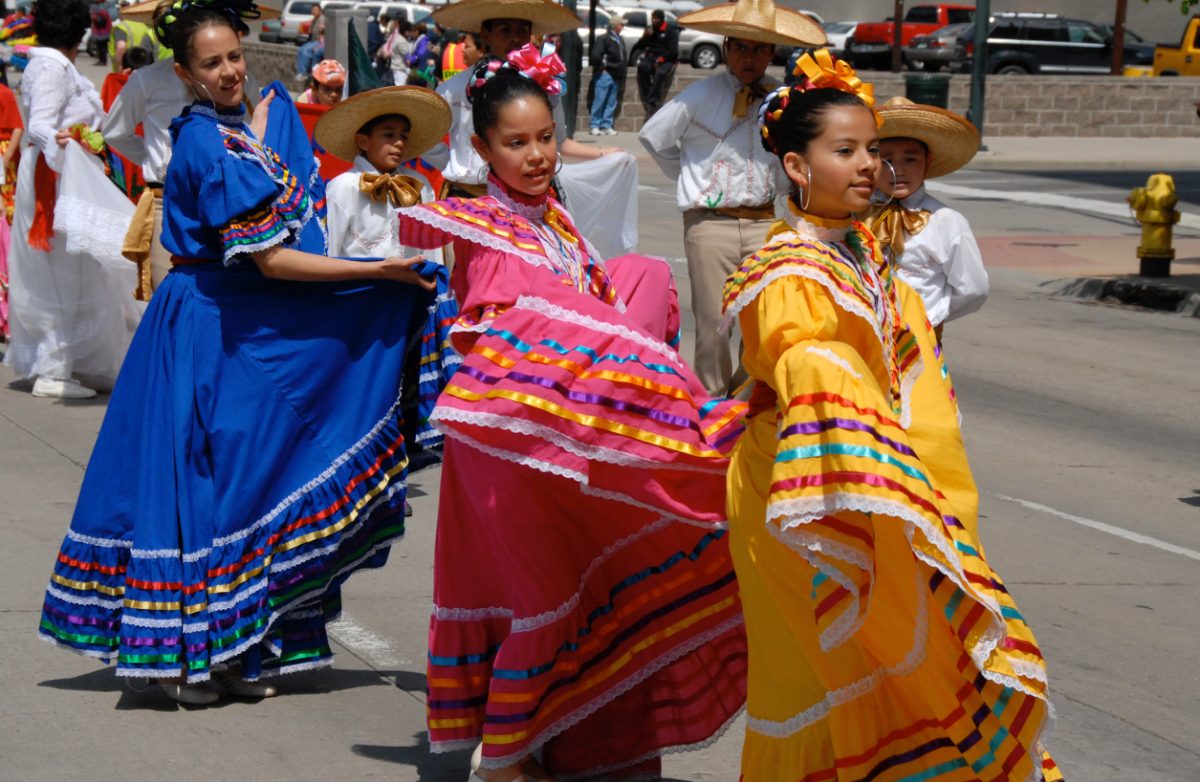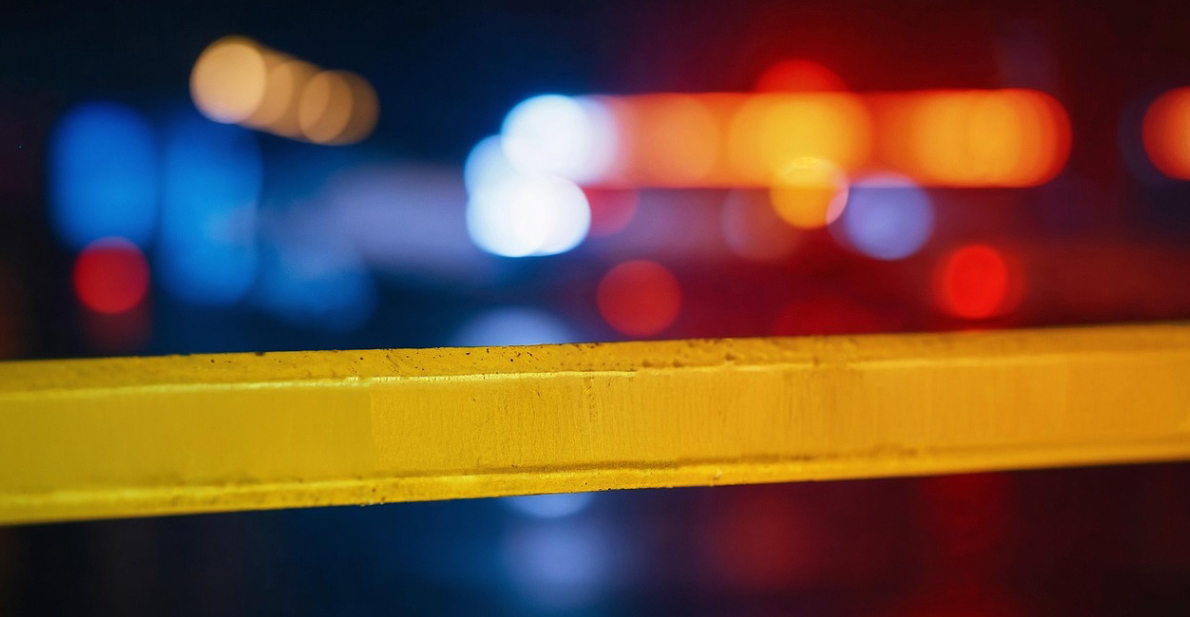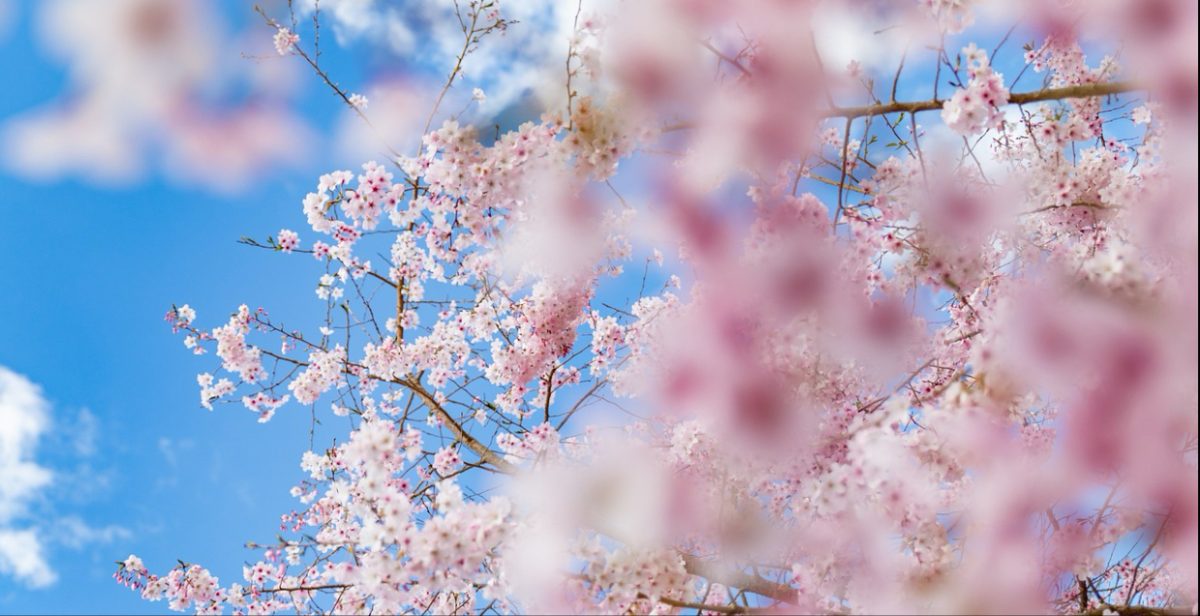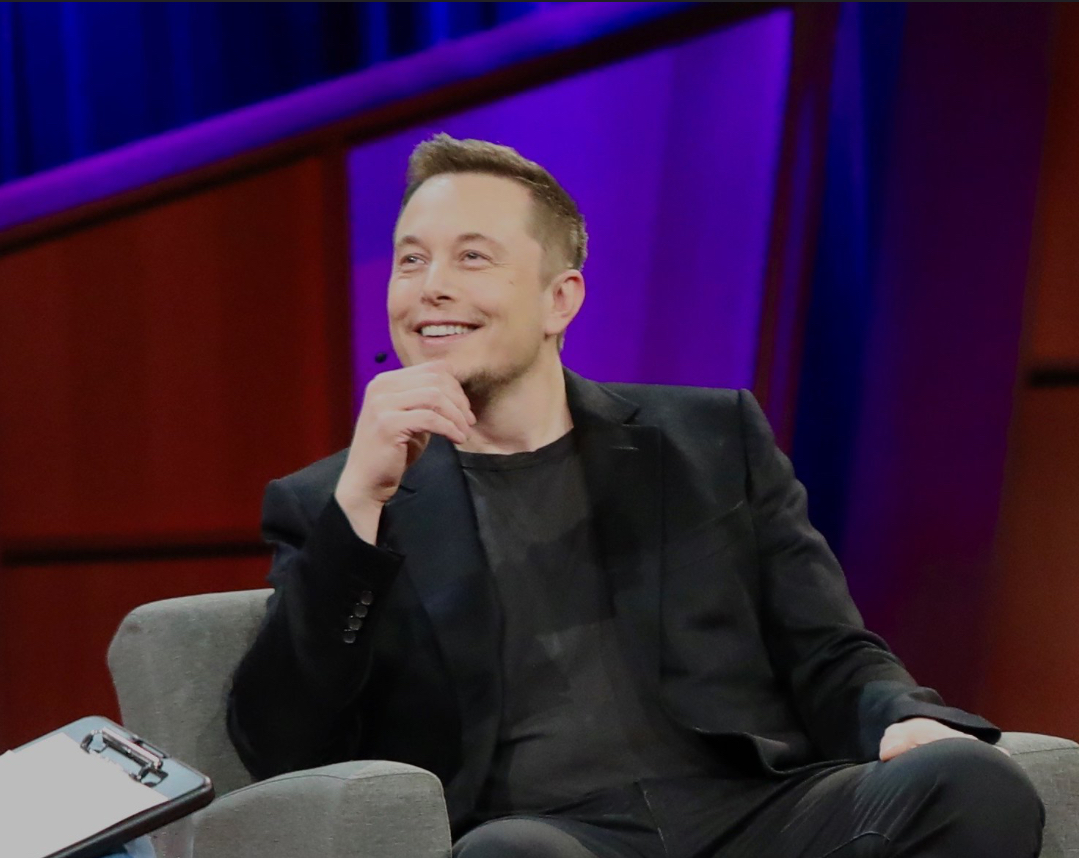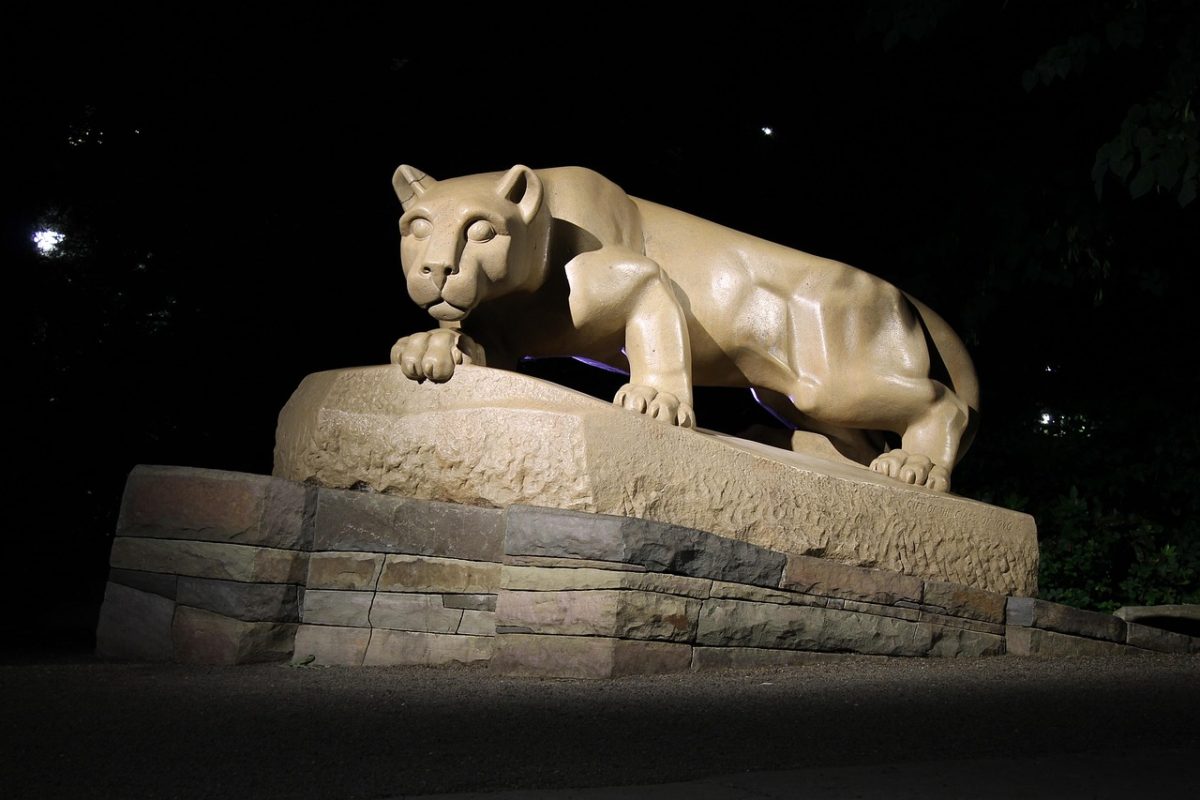By: Brenna Holycross
July 18th is not just an average day. It’s National Mandela Day.
Since it is his day, it’s time to reflect on what he has accomplished. Nelson Mandela fought against the South African government, and its racist policies by nonviolent methods in the 1980’s. He was awarded along with F.W. de Klerk of the Nobel Peace Prize for his efforts to banish the apartheid system throughout his life. Mandela later went on to create a constitution that created a strong central government based on majority rule and equal rights for all races. Because of all Mandela’s efforts, South Africa created National Mandela Day on his birthday, July 18th.
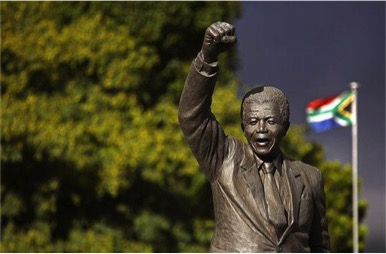
According to Bio, when Mandela was young, he lived in a hut and ate local harvests of maize, sorghum, pumpkin, and beans. Mandela became the first person in his family to go to school. However, when Mandela was nine years old, his father died from lung disease. Because of his father’s death, Mandela was adopted by Chief Jongintaba Dalindyebo who made him take classes that developed his interest in African History.
At age sixteen, Mandela went to a ritual that would transition him into manhood. That is where Chief Meligqili explained how young men were enslaved in their own country because their land was controlled by Caucasians. Mandela later stated that he did not fully understand what the Chief was saying that night, but as time went on, it helped him formulate his resolve for an independent South Africa.
Mandela then went to college at the University of Fort Hare. During his second year at Fort Hare, he was elected to the Student Representative Council (SRC). The students at the college were unsatisfied with the food and lack of power held by the SRC, so they decided to boycott the university unless their demands were met. Mandela agreed with the students, so he resigned from his position. The university’s principal, Dr. Kerr, then expelled Mandela because he saw his resignation as an act of insubordination.
A few weeks later, Mandela was arranged in a marriage. Feeling trapped, he ran away from home. He settled in Johannesburg where he worked and went back to college. Eventually, he became part of the anti-apartheid movement which tried to end racial segregation in South Africa. After directing several peaceful protests, Mandela and 150 others were arrested for treason. Then they were acquitted. Later, Mandela led a three day strike which got him imprisoned again.
Upon his release from prison, Mandela urged people to not reduce their pressure on the South African government for a constitutional reform. Also, he joined the African National Congress (ANC). He kept working towards peace while the ANC’s armed struggle continued in order to have the african majority received the right to vote.
In 1991, Mandela was elected president of the ANC with Oliver Tambo as the national chairperson. Then in 1994, South Africa held its first democratic election. This election made Mandela the country’s first African president with de Klerk as his deputy.
During his presidency, he used the nation’s enthusiasm about sports to create reconciliation between Caucasians and Africans. Mandela also worked to protect South Africa’s economy from collapsing. He created the Reconstruction Development Plan which helped to create jobs and housing and gave basic health care to all citizens.
When Mandela retired, he kept a busy schedule raising money to help build schools and clinics in South Africa’s rural heartland. Also, he served as a mediator in Burundi’s civil war.
Later, Mandela developed prostate cancer and a lung infection. Mandela then died at his home on December 5, 2013, at 95 years old. According to Bio, Jacob Zuma, South Africa’s president at that time, released a statement saying, “Wherever we are in the country, wherever we are in the world, let us reaffirm his vision of a society…in which none is exploited, oppressed or dispossessed by another,”.
To keep on celebrating Mandela’s legacy, National Mandela Day was created. This day is to promote global peace, and meant to encourage citizens worldwide to give back the way Mandela did throughout his life.

